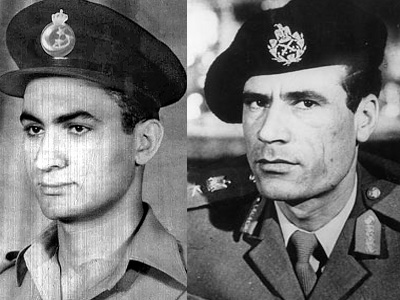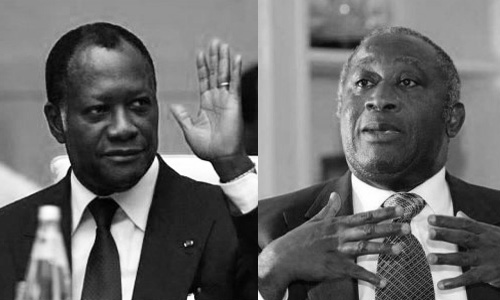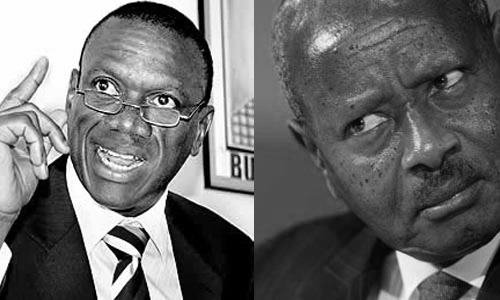If you asked me over a month and a half ago what are the biggest challenges facing Africa this year, I would immediately tell you that the ten odd presidential elections are the biggest threat to stability and economic prosperity. With all that has happened in Northern Africa this past month, I stand by the fact that if we are not careful we could see a list of disasters this year. I hate to be pessimistic, but as the Western world is slowly realizing, about 40-50 years later, that unconditionally supporting dictators is a self-defeating policy, many people are realizing that the Mubaraks and Gaddafis of the world are quite rampant south of the Sahara.

As young, educated and tech savvy Africans we cannot help but admire the courage and strength of the youth driving the revolutions. Of course, a perfect storm brewed for Tunisia and Egypt. All it took was people to firmly believe that anything was possible and that enough is enough. Just like everything in the world, there is never a blueprint for success. What worked in Tunisia worked better in Egypt but what worked in Egypt cannot be assumed to work in Libya, Uganda and Zimbabwe. Leaders like Gaddafi are the most dangerous for any revolution, he has nothing to lose because he has immense capital, with oil reserves, and one could argue he is borderline insane. But insanity does not get you as far as Gaddafi, when you have the reach he has across the continent where mercenaries from other African countries come to fight on your behalf (albeit with some cash money), insanity is hardly a good description. The silence of other African countries is deafening, but unfortunately, just like Gaddafi, a lot of our leaders have blood on their hands. In many ways some of them are on the payroll by the “king of kings” and the African Union has received an immense amount of capital from Libya, which leaves everyone in a sticky situation.
The tragedy is that everyone has been paying a lot of attention to the countries up north, or the “Middle East” as western media likes to label and clump everything together, including the revolutions. Cote d’Ivorie has long been forgotten and in all honesty that was an easy and simple situation for everyone to get behind. I know it seems as if I am obsessed with the situation in Cote d’Ivoire, but it truly is mind boggling, a) what happened and b) how much attention it is NOT getting. Laurent Ggagbo clearly lost a free and fair election and refuses to leave while his country is getting bankrupt and civilians are getting killed. No one cares and it is a shame because this situation is a lot simpler than the balancing acts everyone is doing up north. Uganda’s elections did not even raise a headline with Yoweri Musevini capturing the majority of the vote. What can we take from this?

Clearly sub-Saharan Africa needs a perfect storm and we are slowly but surely getting on the technology boom bandwagon (I do not have a Twitter account though). We are missing an outlet, we need our own Al-Jazeera so that we can have an outlet that can educate people about the facts. Just like Egypt is not Libya, the military of Egypt is not like any of the militaries in the majority of Africa. Showing restraint and not killing civilians is not a commonality with our military and security forces. The verdict about the Egyptian military is still out, we do not know if they will relinquish power to have free and fair elections but the fact that they did not kill any Egyptians is telling. The same cannot be said with other African militaries. That, on its own is a hindrance to mobilizing and protesting.

These next few months will see drastic changes in Northern Africa and the Middle East. The real question is will it happen to countries where leaders have had a free pass partly because they are not even on the radar of the international community and media?
Related links:


It’s been exciting, but I don’t think there’s been any *real* changes. I’ll say there’s been change when each of these countries (Egypt, hopefully Libya, Bahrain, Yemen, etc.) has fresh elections with no vote-counting issues thereafter.
@Jack What about how people have mobilized? Could that have happened 20 years ago?
…Dictators running the show in most sub-Sahara African countries…but how do we term the ruling systems in countries that claim to have multiparty democracy but have one party stealing elections every time and have been ruling for about 50 years?…people are tired of parties of oppressors and embezzlers of public funds…